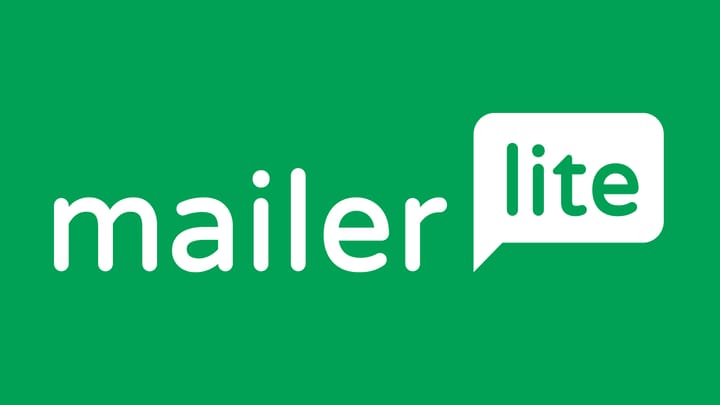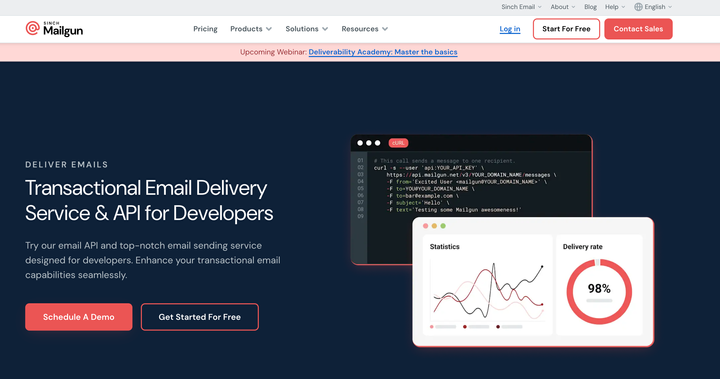Constant Contact Review (2025): Pros, Cons, and Alternatives
Constant Contact has evolved from one of the first email marketing platforms into a versatile, all-in-one marketing solution for businesses. It offers an extensive array of features, including email marketing, automation, SMS campaigns, and CRM integration.
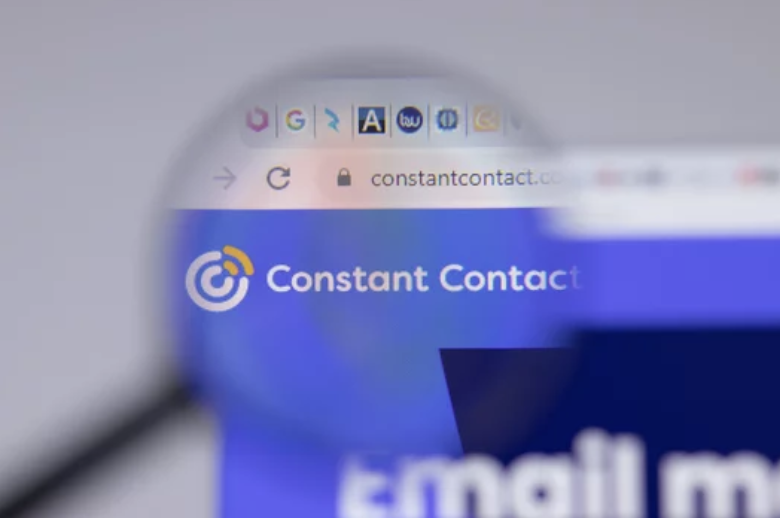
Constant Contact has evolved from one of the first email marketing platforms into a versatile, all-in-one marketing solution for businesses.
It offers an extensive array of features, including email marketing, automation, SMS campaigns, and CRM integration. Also, Constant Contact enables social media posting and provides support for advertising campaigns.
In this SaaS review, we'll examine its key offerings, strengths, and potential drawbacks, helping you determine if it's the right tool for your business needs. We’ll also explore its advantages, limitations, and some alternative options to consider.
Constant Contact Overview
Constant Contact is a versatile service designed to simplify marketing for small businesses and beginners, with a particular appeal for event organizers thanks to its specialized features, including payment processing for events. Known for its excellent email deliverability, Constant Contact helps ensure your emails avoid the spam folder, making it a reliable choice for email marketing.
Market Share and History
Constant Contact holds the second-largest market share in the email marketing industry, trailing only behind Mailchimp.
However, its share has seen a decline from 8.69% in 2020 to 5.08% in 2022. Since its inception in 1995, Constant Contact has built a strong presence in the email marketing space, ranking as one of the most popular tools worldwide.
While it frequently receives high ratings from review websites, it seems to cater more to niche markets, such as event organizers and certain industries, rather than the broader small-to-medium business audience.
Unique Features
What sets Constant Contact apart is its inclusion of specialized features that few competitors offer. These include event management tools and social media campaign capabilities, making it particularly attractive to niches like real estate and event planning.
Moreover, these distinct features, Constant Contact provides a wide array of email marketing tools, such as automations, recurring newsletters, and customizable email templates.
Pricing and Target Audience
Constant Contact primarily targets small-to-medium businesses, though its pricing structure may not be the most budget-friendly.
Plans start at $12 per month for up to 500 subscribers, but costs increase significantly as your subscriber list grows. Although it provides a variety of email marketing features like segmentation and custom automations, its premium pricing may pose a challenge for businesses with limited budgets or those in search of more sophisticated tools.
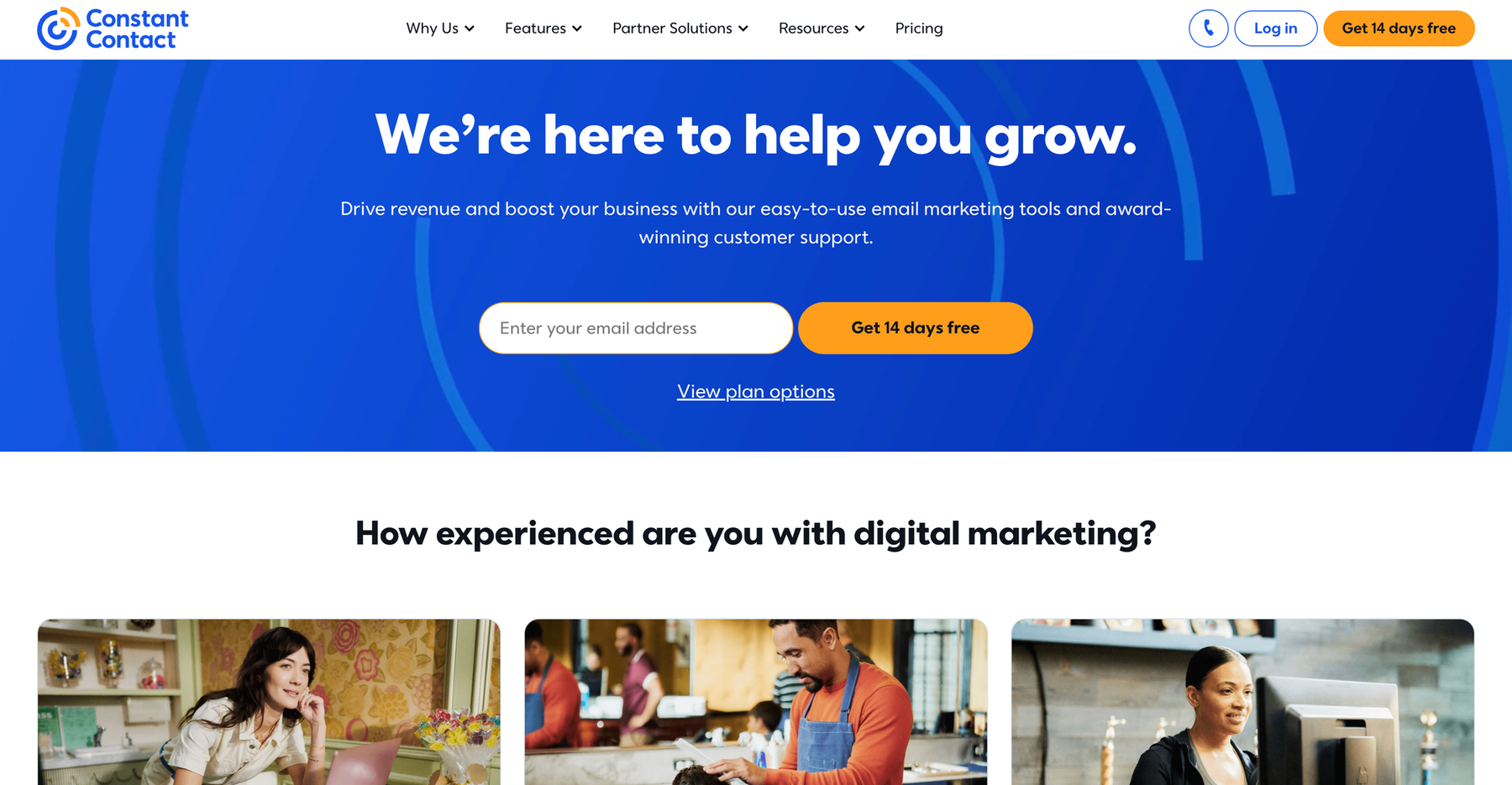
Constant Contact: User Interface and Customer Experience Overview
User Interface
Constant Contact's user interface has seen significant changes in recent updates, but these adjustments have shifted attention away from its core focus as an email marketing platform.
The increased number of click-throughs and the emphasis on less essential features make the platform feel less streamlined. While adding new capabilities is a positive step, greater attention to improving modern email templates and refining existing tools would enhance usability.
Also, the layout of the resources section lacks intuitiveness, and critical actions now require more steps, which could frustrate users seeking efficiency. A more focused and user-friendly design prioritizing email marketing functionality would improve the overall experience.
Customer Experience
Constant Contact provides multiple support channels, including live chat, phone support, a knowledge base, and a community forum.
While the support team is responsive and helpful when available, live chat and phone support are not consistently accessible, which can be inconvenient. Notably, canceling a subscription requires a phone call, which adds to the friction. On the positive side, the platform remains relatively simple to navigate, with helpful information icons integrated throughout the dashboard.
Users also have access to comprehensive knowledge base articles and coaching services. Although phone support isn’t available 24/7, its generous hours, along with live chat and social media-based support, offer multiple ways to resolve issues effectively.
Pros and Cons of Constant Contact
Pros
Niche Features
Constant Contact stands out with unique features like contact surveys, event promotion and ticket sales, and SMS marketing (currently available only in the US). The inclusion of an AI generator streamlines content creation for email and social media posts, saving time and effort.
User-Friendly Interface
Designed with beginners in mind, the platform offers a clean and intuitive user interface. Its drag-and-drop email editor, analytics dashboard, and well-organized layout make it simple for users to navigate and create campaigns efficiently.
Deliverability
Following some research and putting it on a test, Constant Contact performs exceptionally well in deliverability tests, ensuring emails consistently reach recipients' inboxes. This focus on reliable delivery enhances the effectiveness of campaigns.
Social Media Integrations
Beyond email marketing, Constant Contact integrates with social media platforms, allowing users to create and manage ads for Google, Facebook, and Instagram directly from the platform. This broadens marketing reach and streamlines campaign management.
Cons
Higher Pricing
While Constant Contact offers a variety of features, its pricing is relatively high compared to competitors like MailerLite, which provides similar functionality at a lower cost. This can be a drawback for budget-conscious businesses.
Cumbersome Cancellation Process
Canceling a subscription requires contacting customer support, as there is no online self-service option to end a subscription or delete data. Many users find this process inconvenient and time-consuming.
Limited Collaboration
The platform’s performance can lag when multiple users are logged in simultaneously or working on different emails. Issues like freezing or delayed updates during collaboration can hinder productivity for larger teams.
Constant Contact offers a range of standout features, including niche tools, a user-friendly interface, and excellent deliverability, making it a strong contender for email marketing.
However, its higher pricing, challenging cancellation process, and limited collaborative capabilities may be drawbacks for some users.

Constant Contact: Overall User Experience
What Stands Out
Constant Contact's event marketing features are innovative for small-scale events. You can send invites, sell tickets, manage registrations, and even accept payments through PayPal or Stripe.
You can also customize ticket types, create promo codes, and generate printable tickets—all without extra charges (though there’s a 5.4% + $0.80 fee per ticket sold).
The Catch?
The event landing pages are basic, with limited customization. Unlike the others, you can’t add FAQ sections, edit thank-you pages, or set up waitlists.
When It Works Best:
- You manage events: Perfect for handling registrations and ticket sales while tracking event KPIs.
- You’re new to email marketing: Simple, user-friendly, and affordable for small lists.
- You want SMS campaigns: SMS marketing is a handy add-on (US-only).
When It’s Not Ideal:
- You need advanced automation: Limited segmentation and triggers aren’t ideal for complex workflows.
- You have a big list but a tight budget: Costs rise quickly with subscriber growth.
To make it a bit simple, Constant Contact is ideal for event-focused marketers and beginners but may fall short for businesses needing advanced automation or handling large lists on a budget.
Constant Contact Pricing Overview
General Overview
Constant Contact's pricing is based on the size of your contact list, which can make it pricey as your audience grows. While it offers discounts for nonprofits and free trials (14 or 60 days), there’s no free plan available.
Some features feel underdeveloped, making the cost feel a bit steep for certain plans.
Plan Breakdown
Lite ($12/month for up to 500 contacts)
- Basic email marketing: customizable templates, welcome emails, social media tools, and event management.
- Single-user access only—team collaboration isn’t possible.
- Best for beginners or small businesses with minimal needs.
Standard ($35/month for up to 500 contacts)
- Adds A/B testing, email scheduling, pre-built automation, contact segmentation, and social media ad integration.
- Ideal for improving email campaign performance.
- Costs rise sharply with larger contact lists (e.g., $110/month for 5,000 contacts), making it less competitive for bigger businesses.
Premium ($80/month for up to 500 contacts)
- Includes advanced features like custom automation, dynamic email content, SEO tools, and richer reporting (e.g., engagement heat maps).
- Designed for businesses seeking a comprehensive digital marketing solution.
SMS Marketing Add-On
Available for any plan at $10/month for up to 500 messages. Includes a dedicated number and a live message editor.
Alternatives to Constant Contact
If Constant Contact isn’t the right fit, several email marketing platforms provide strong alternatives, catering to various budgets and needs.
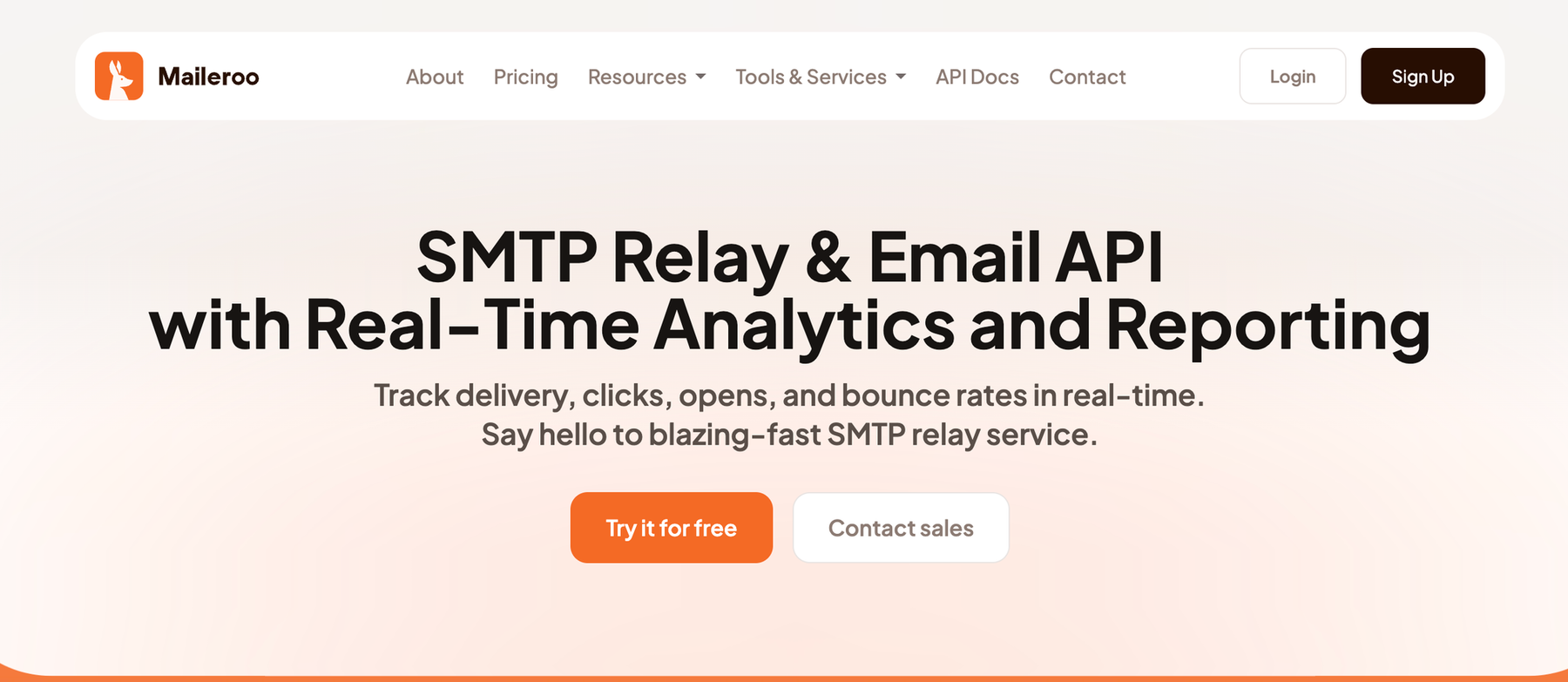
Maileroo SMTP Relay
- Best For: High deliverability and advanced tracking.
- Features:
- Superior deliverability rates.
- Click tracking with free SSL.
- Global SMTP accounts and blacklist monitoring.
- Free email verification API.
- Why Consider It? Combines affordability with performance, making it suitable for businesses focused on quality email delivery.
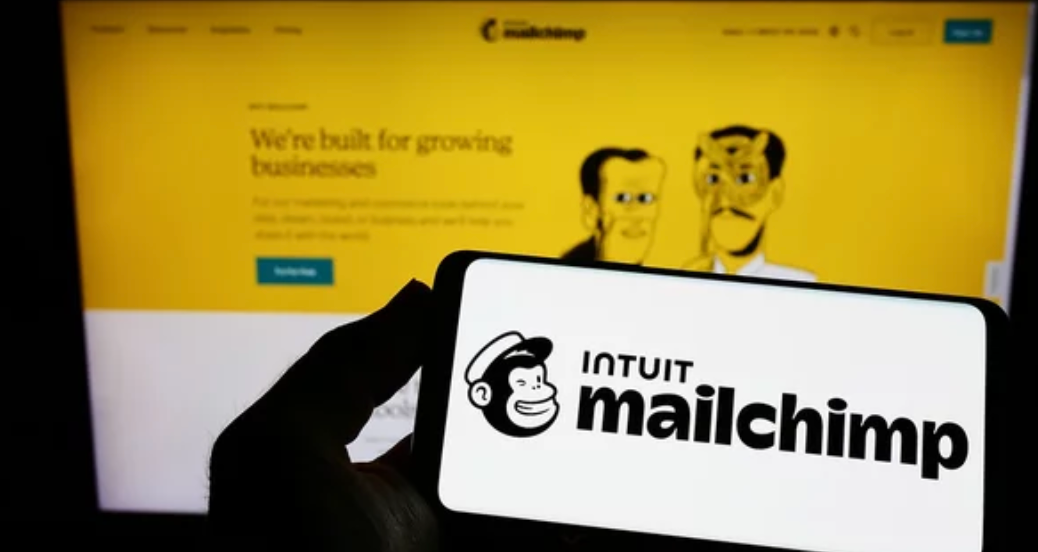
Mailchimp
- Best For: Comprehensive marketing tools and ease of use.
- Features:
- Extensive email templates and automation options.
- Advanced analytics and segmentation tools.
- Intuitive interface compared to Constant Contact.
- Why Consider It? Perfect for users needing a broad marketing solution with strong analytics, though it might lack in email deliverability compared to SendGrid.
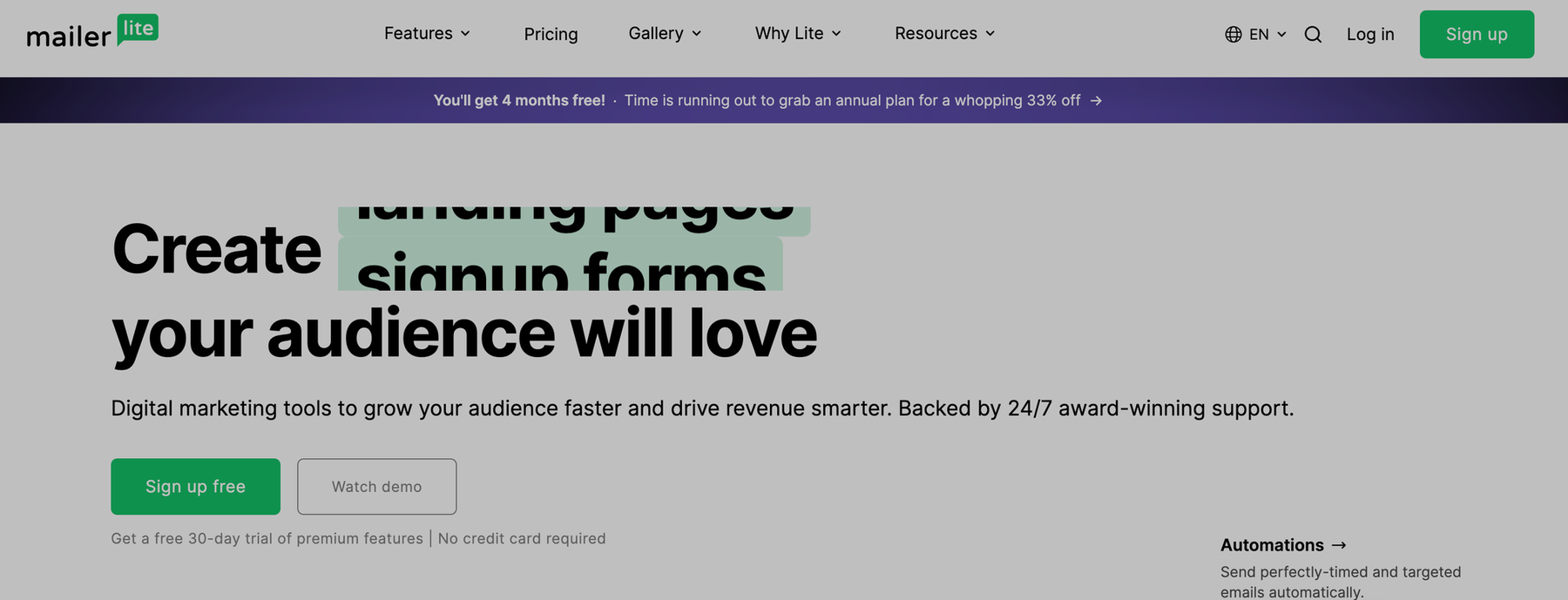
MailerLite
- Best For: Budget-conscious small businesses and beginners.
- Features:
- Drag-and-drop email builder, automation, and landing pages.
- Sign-up forms and pop-ups for lead generation.
- Affordable pricing with a simple user interface.
- Why Consider It? A great choice for simplicity and cost-effectiveness without sacrificing core email marketing features.
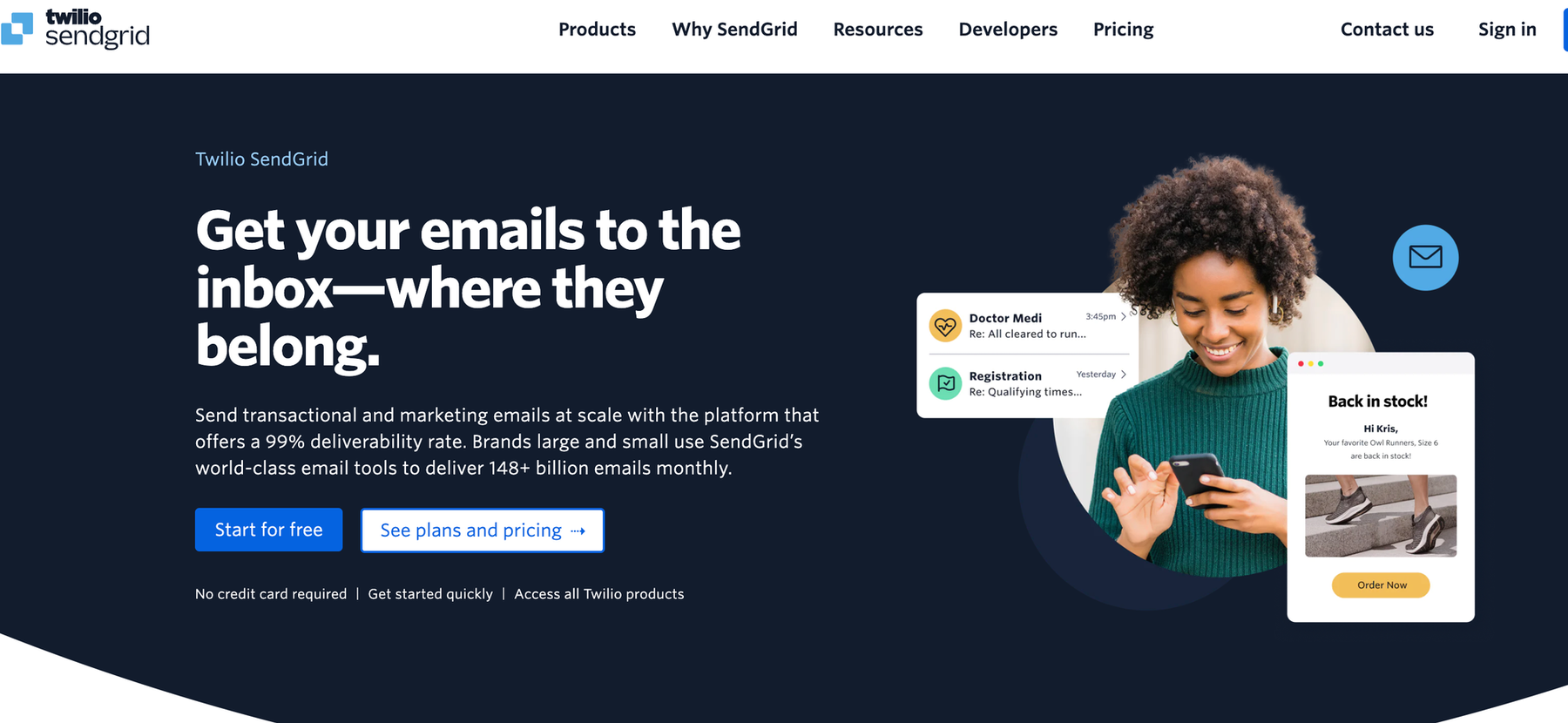
SendGrid
- Best For: API integrations and transactional emails.
- Features:
- Strong Web API and SMTP Relay options.
- High deliverability rates for transactional emails.
- Tools for creating and analyzing marketing campaigns.
- Why Consider It? Ideal for businesses requiring seamless integrations and time-sensitive communication.
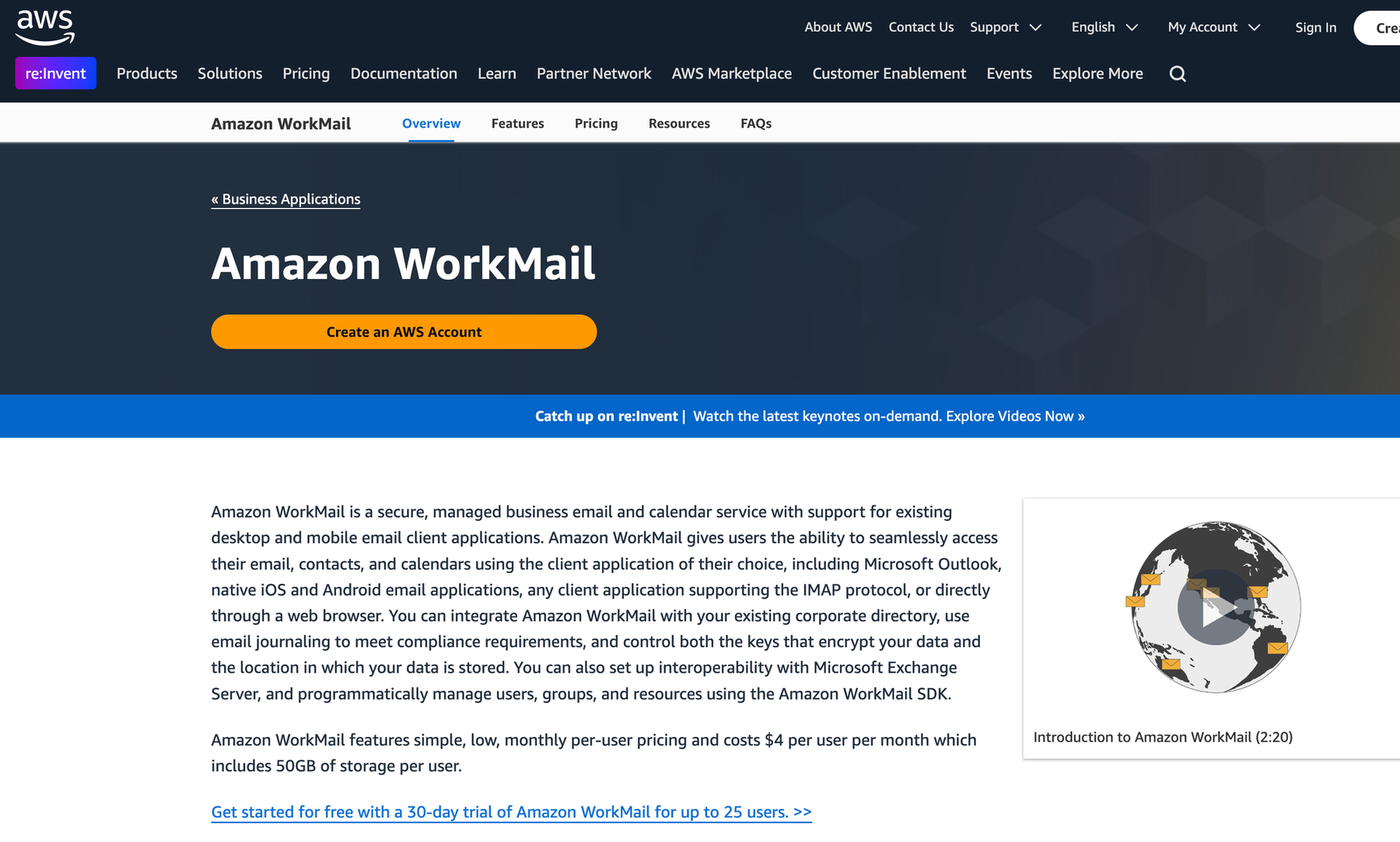
Amazon SES (Simple Email Service)
- Best For: Advanced users needing scalability and low costs.
- Features:
- Highly customizable for technical users.
- Reliable for both transactional and marketing emails.
- Scalable and cost-efficient.
- Why Consider It? Best suited for those with technical expertise looking for an affordable, powerful solution.
So, what should it be?
The best alternative depends on your needs. For simplicity, MailerLite is a solid pick. If you’re focused on deliverability, Maileroo or SendGrid excel. Businesses seeking an all-in-one marketing platform may find Mailchimp a better fit, while advanced users can benefit from the scalability of Amazon SES. Evaluate pricing, features, and your team’s technical capabilities to make the right choice.
Wrap Up
Constant Contact is a solid choice for small businesses, covering the basics of email marketing with features like social media integrations, decent deliverability rates, and multi-user access.
However, it struggles to compete with more advanced and affordable alternatives like ActiveCampaign and Maileroo, which offer greater functionality and user experience at similar or lower prices. While Constant Contact has made improvements, such as enhanced automations and an AI content generator, it has also removed valuable extras like a website builder and appointment scheduler.
For its price, it may suit smaller teams with minimal needs, but businesses seeking more powerful tools will likely find better options elsewhere.


